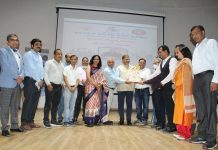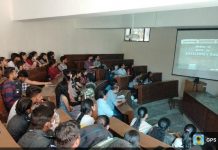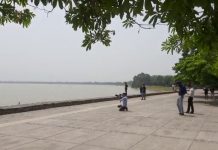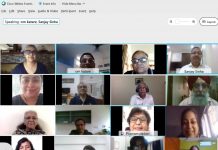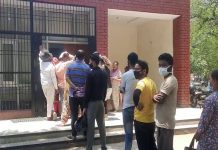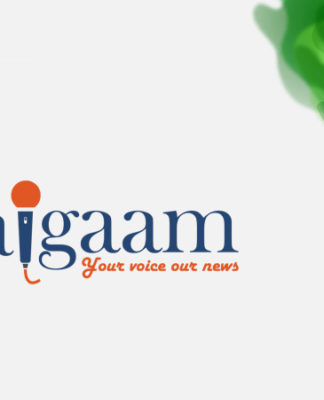Dr Sonia Trikha Khullar, Executive Director, SHSRC, Haryana demonstrated how through e-Upchar, drug management, transport and blood bank management, health care sytems in Haryana has been transformed radically. It has led to substantial cost saving to the government. Under e-Upchar facility, patients are given ‘Unique Identification Number’ via which their health records can be accessed online at any hospital of Haryana. With the help of Hospital Management Information Systems (HMIS), all the hospitals of Haryana, Community Health Centres and Primary Health Centres are being linked to e-Upchar system. Wherever the patients visit the hospital, patient doesn’t have to keep the reports whether lab reports or radiology reports with himself. All the reports will be added online and can be accessed anywhere in the state of Haryana.Now a patient can register at a Primary Health Centre and can also visit medical college Rohtak and vice versa without carrying any physical records and reports. Now real time stock availability of various medicines and supplies can be tracked so that unused medicines and supplies in some health facilities can be used at other places. Artificial intelligence are inbuilt in the application to prevent expiry of drugs. Also the consumption patterns are available for analysis. Regarding inventory management, alerts are available for stock outs, near expiry drugsand expired drugs. Laboratories are able to generate reports via e Upchar. e Upchar is also related to PACS in radiology.
Dr Hemant D Shewade, Senior OR Fellow, The Union and Honorary Advisor, Karuna Trust, Bangalore discussed about the CPHM (Comprehensive Public Health Management) application. He briefed about the CPHM App at PHC Gumballi, Karnataka. It allows easy access to patient information; complete baseline information is available at OPD level (for example past history, family history). Patient’s record of previous lab investigations is available which avoids needless repetition of investigations. Alerts/reminders for new patients or for follow-up of chronic patients reach the ANM. In this way, patients loss-to-follow-up can also be tracked.
Dr Sonali Batra, CTO & Director Development at Operation ASHA discussed on the Innovative model for TB Detection & Treatment, & Prevention of Drug Resistance. OPASHA team visit TB patients in home and community setting and use technology to register consumption of drugs so that compliance can be ensured and drug resistance can be avoided (e-compliance).Till date OPASHA has 86.9% treatment success rate and in total 93899 patients have been treated fully. There is provision of e-detection for active case finding.
Dr Arun K Aggarwal, Professor, PGIMER, Mr Manav Chaudhary, MD and CEO, SidekickEDGE and Dr Kanica Kaushal, Senior Resident demonstrated mobile based tracking of chronic patients for treatment compliance being run in Village Health Post Kheri, Distt Panchkula. They demonstrated how PGIMER teamis tracking the patients who were lost to follow up on treatment for chronic diseases by SMS reminders and home visits by the health worker.
Team from Punjab discussed IT experience of Punjab for RNTCP/ NVBDCP and others.













